Why Digory Chose Aslan Over His Mother | Talking Beasts
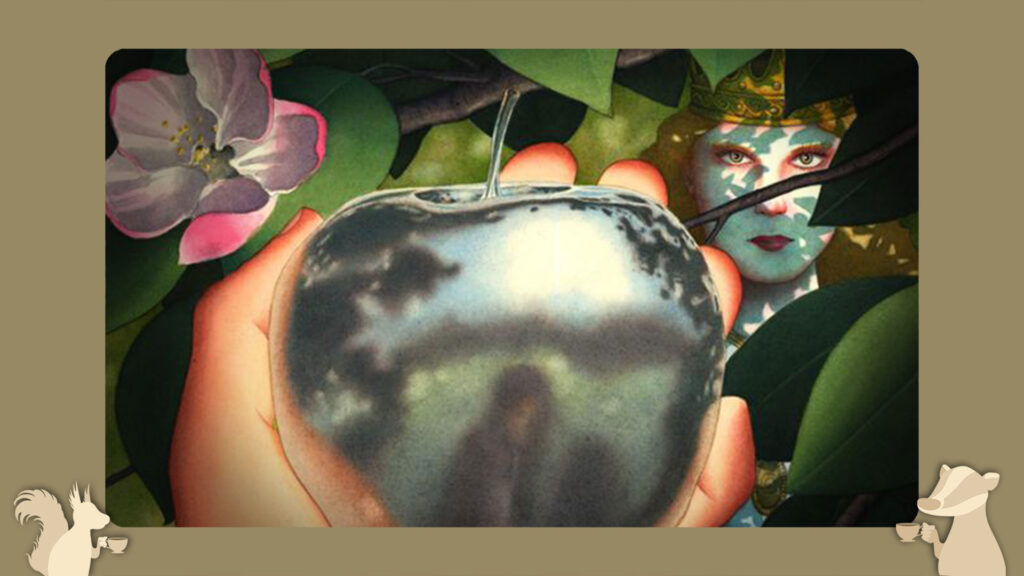
Podcast: Play in new window | Embed
The White Witch presents Digory Kirke with an impossible choice in Chapter 13 of The Magician’s Nephew. Should he take the magic apple to his dying mother (which would be stealing) or bring it to Aslan per his instructions? Listen to the podcasters take a deep dive into this gripping climactic scene and then post a comment!

And listen to the podcasters’ post-show chatter in which they discuss past solar eclipse experiences.

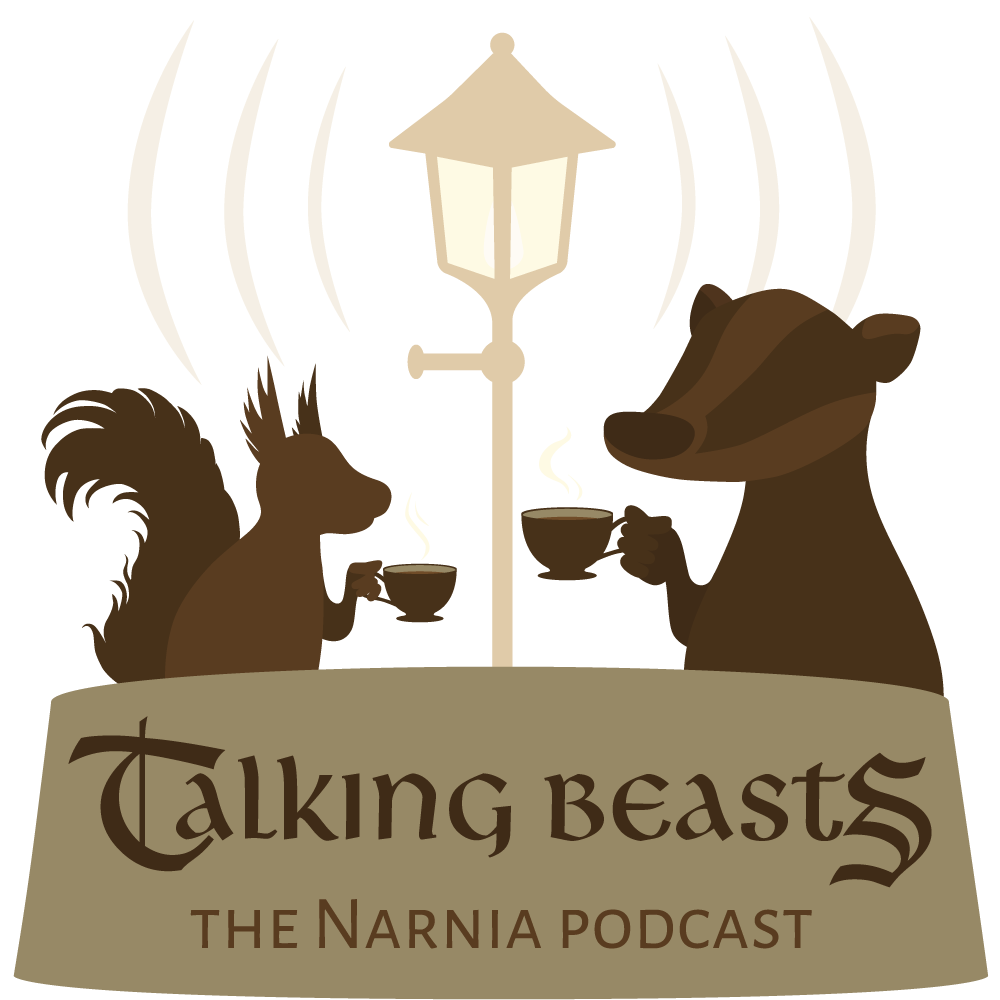
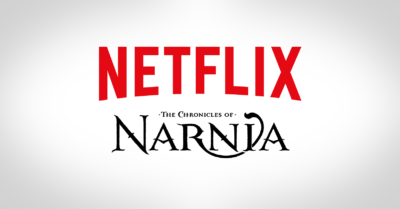
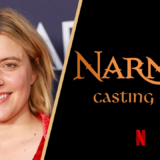
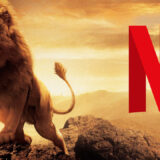

Honestly, I thought of a way that this scène would be great in the movie.
When Jadis is telling Digory to take the apple to his mother, we should see his mther getting better and healed as if Digory gave her the Apple in a vision as Jadis talks.
Then, Digory shakes his head and the vision goes away.
I actually think it’s possible Aslan could have created someone miles away from where he stood who could have made the garden.
As much as I adore this scene, I’m cynically inclined to believe the reason Digory doesn’t reason that taking an apple for his mother would count as taking it “for others” is that it didn’t occur to C. S. Lewis when he wrote that poem/warning. If it had occurred to him, I imagine he would have rewritten it. Like Rilian said though, there’s still the feeling that taking an apple for Digory’s mother would have been obeying the letter of the law but not its spirit.
If the first Narnia movie was trying to keep the Witch from looking too creepy by having her skin be gray instead of white, it failed for me. I thought it made her look grosser. To be fair though, that’s less true of her first scene with Edmund.
I’m not worried about secular viewers or readers not buying that Digory should listen to Aslan since, like Gymfan said, we know Jadis is evil. I mean, she killed everyone else in her world and she’s proud of that. (Remember what Jadis suggests to Digory that makes everything else she says “sound false and hollow.”) I admit though I do wonder how a secular director or screenwriter could adapt this scene. It’s one thing to enjoy a work of art with a worldview you don’t share. But when you’re creating a work of art, you want to reflect your beliefs. (FWIW, I remember someone from the comments section mentioning that Greta Gerwig, who may or may not be adapting The Magician’s Nephew, belongs to a Unitarian Church or something like that, so that gives me reason to hope the idea of this scene does resonate with her. I also have reasons not to hope but I detest celebrity gossip, so never mind about those.) I guess I’d urge them to trust the story. It seems like the idea of having to take a leap of faith resonates with people even if they think leaps of faith are stupid in real life. That’s the poetic appeal of this scene for everyone.
I love what Glumpuddle said about Digory becoming a foil to Jadis and Uncle Andrew with their “High and Lonely Destinies” by putting basic morality above his own desires-even when his desires were much nobler than theirs. I never thought of that but it’s true.
I know that The Lion, the Witch and the Wardrobe is generally considered the greatest Narnia book, but I prefer The Magician’s Nephew and one of the reasons why is this scene. It’s easy to see that the Witch is tempting Edmund to do something bad because of how she plays on his pride and gluttony. But with Digory, she makes the wrong thing sound really right. That kind of blew my mind as a kid. It makes the story a lot maturer and more interesting IMO.
I don’t have a great explanation for the thing with Polly either but it’s worth noting that in her and Digory’s culture, “bathe” didn’t specifically mean bathe. It could also mean swim. My best guess is that Polly didn’t want to admit she couldn’t swim so she pretended she did so, and C. S. Lewis was saying we shouldn’t embarrass her.
If I could plant something in the newly created Narnia, it would be a cream cheese wonton. That’s my favorite food. I’ve also thought of planting a book.
It makes me a little wistful that this podcast is nearly finished analyzing The Magician’s Nephew. It’s been great.
Regarding Digory and Polly at the start of chapter 13: it doesn’t say “bath”. It says “bathe”.
There’s a difference in British English: “bath” means washing, and “bathe” means swimming!
Digory said he was going for a dip, meaning a swim. (skinny dip in this case!) Polly, the poorer swimmer, “had her bathe”, and evidently got a bit wet, probably enough to be clean enough for her. (I think she got in and got wet, but didn’t swim much, as she obviously didn’t want to have to call for help if she wasn’t wearing much).
Great episode! Funny how Glumpuddle held onto a comment from 4 years ago to only now respond… we have to be careful with what we post here 😉